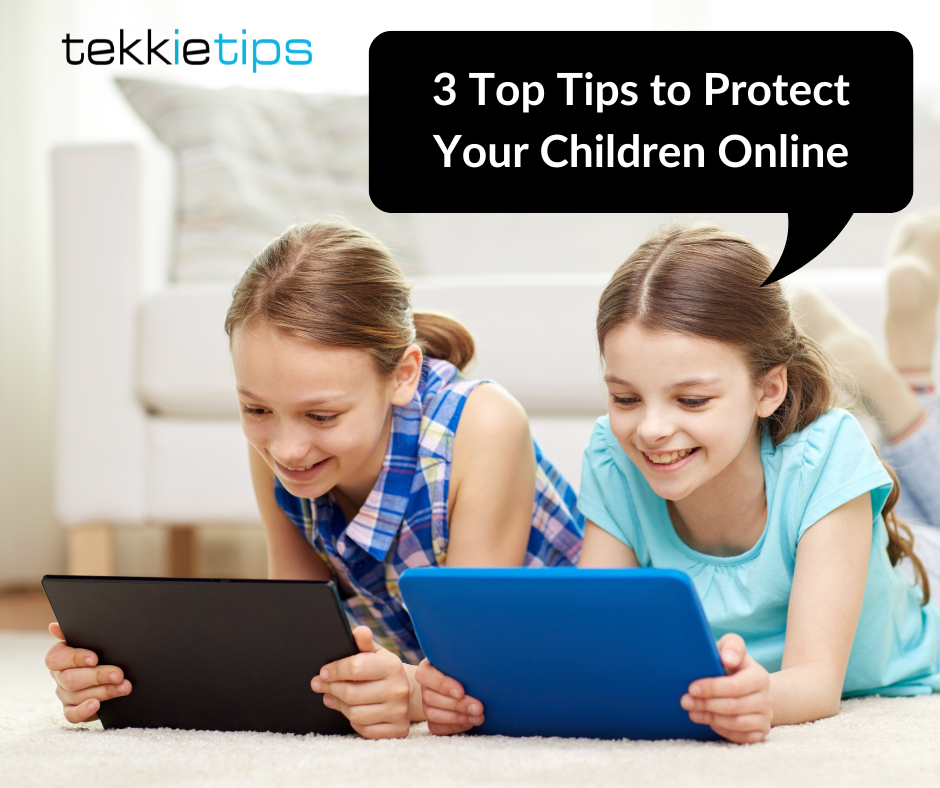3 Tips for Keeping Your Kids Safe Online
Every responsible parent wants to keep their kids safe online and at the same time manage their screen time. Even the best kids may try to get around parental controls. These 3 tips will help to keep them safe and understand why the rules are in place:

1. Explain The Rules & Risks
Rules that seem arbitrary or unjustified are more likely to be ignored. We’ve all experienced this in our own lives, and kids are no different. It’s important that families have clear discussions of why the rules are in place.
Sit down with your kids and discuss potential online risks, the concerns you have, and why the rules are in place. Make it clear that rules can have exceptions, and kids should come to you about them.
It’s also important to model good behaviour and be a role model!
2. Create Multiple Layers of Security
Good security starts with layers. Devices generally have three you can use: Operating-system level controls, individual app controls, and third-party parental control software.
- Configure the operating system to block or limit actions like in-app purchases, or downloading or uninstalling apps without your permission. Thwarting some of these precautions can really be as simple as deleting an app. Apple’s Family Sharing does this really well.
- On individual apps, such as app stores, go into the settings and configure them to keep data private, to block purchases without a password, and other steps. Set any emails to ones you regularly check so you’ll receive alerts.
- Install and configure parental control software on the device AND also your home network for an extra layer of security. Blocking downloads, in-app transactions, and other activities at multiple levels make it harder for your kids to break the rules or to stumble into an unsafe situation online.
3. Use Strong Passwords
When you install parental control software and configure your phone, take the following steps to protect your password.
- Don’t use “bad” or obvious passwords, even if they’re easy to remember. They’re often the first hackers, young or otherwise, will try. With PINs, avoid sequential numbers like “1234” or “9876” or memorable dates e.g. birth years, birthdays etc.
- Make your password hard to guess. Avoid using the names of your kids, hobbies, and other elements that the people who know you best can figure out.
- Don’t store passwords on a device or write them down where kids can easily access them. The former is particularly important since “helpful” software can autofill passwords.
- Keep your own device passcode private as with access to your handphone, settings can be tweaked or turned off!
With this framework in place you can have peace of mind and (re)gain some control. If you need help to actually configure your children’s devices or home network then we can assist – either by arranging a home visit or by attending our Device Safety Workshop.

